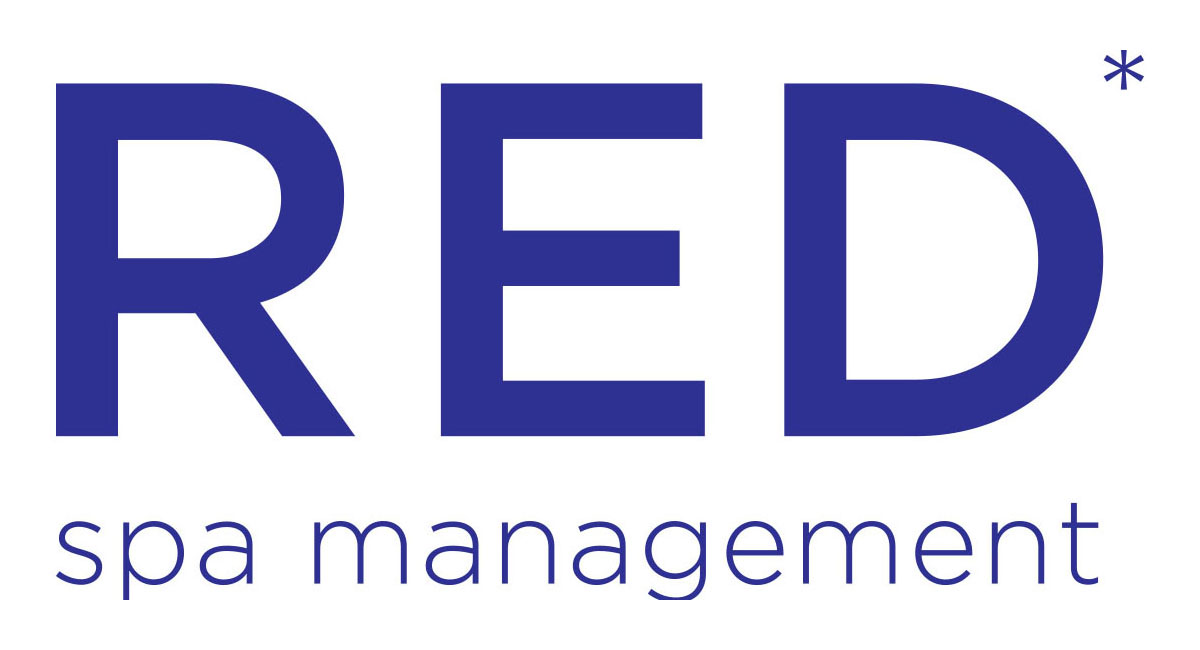
- 20% of the massage therapists do 80% of the business.
- Your current and past clients are your ticket to future clients.
- There is nothing wrong with t-shirts, bumper stickers, and buttons with creative slogans.
- The average tip is around $5 to $10, but it all depends where you work.
- Do not expect to get tips, because you will go broke.
- Regular clients are what keep your head above water.
- Refer any clients that you cannot handle to another therapist.
- Give your clients advance notice if you are going to move to another place.
- You do your best, but would you go to see yourself for a consultation?
- If you are going to move far out of the area, sent all your regular clients a thank-you card.
- If you sign a lease, make an agreement to have the owner pay for any remodeling you want done.
- Keep a record of your clients if you decide to move or quit the business, you never know if you will come back and start giving massages again.
- You can charge a client extra if they use a credit card.
- You get charged for each time you use a credit card machine and also a monthly fee.
- If a client is unhappy with your service, they can call up the credit card company and they will not get charged, and you have lost that money.
- Check with city hall and your state before opening a massage clinic.
- It can take 3-5 years to make a decent living if you own your own business.
- Have a part-time job if you are going to start your own business, just until you can live off your massages you do.
- There is not a lot of over-head with a massage business.
- If you are going to open up a massage clinic with another therapist, sign a contract.
- If you own your own business, do not look at your income from day to day: look at it from month to month.
- You can usually write-off a portion of your school.
- Save all your receipts.
- Keep good records of your expenses or the I.R.S. will come knocking and want more.
- If a check does not clear, wait a few days and send it through again.
- Always put at least 40% of your earnings in a saving account if you have to do your own takes.
- Have a safe for your money and keep change on hand.
- You can build sales tax into the price of the massage or have it be extra.
- If you give massages out of your home, you can write off a portion of your bills for the house, so keep all receipts.
- Tips come in handy, but I gave them the option to not give me one when I owned my own business.
- Offer to bill your regular clients on a monthly basis (if you trust them).
- Note that most homeowner's insurance policies exclude you from all benefits if you run a business from your home. Check the policy. You may need to get a "business endorsement" through the company.
- Look into sharing a professional space with other practitioners, as unused time in an office is a waste. However, it may be convenient to provide all of the non- consumable supplies yourself so it isn't necessary to pay people off as they leave the shared situation. Be sure this shared situation is OK with the lease you sign. It may be best to have one person's name on the lease, and to have everyone else pay him. It is even better to find a place that you could afford even without sharing, so you aren't financially endangered if people leave and can't easily be replaced. All involved in this must agree NEVER to even ATTEMPT to claim unemployment, or to claim an injury as an on-the-job injury (i.e. do not claim that you have an employer who is responsible for you). You should require that everyone in the shared situation have personal health insurance, on the job health insurance, and professional liability insurance, as well as LMP status.
- It might be more difficult to get MD/DC referrals if you work out of your home.
- Consider using a laundry service (American Linen 281-1990 or similar provider).
- Can have hot/cold packs for therapy (Myer 1-800-472-4221 or similar provider), and have some available to sell to clients for home therapy. You can also have relaxation tapes/CD for sale, and maybe a handout on relaxation.
- Employees are difficult and expensive to maintain. Think carefully before adding one. There are also very strict rules for whether a worker may be classified as an independent contractor.
- Remember that you may need to do independent planning for retirement, since you are working for yourself and no employer is providing a pension. An IRA, Keogh, or Simplified Employee Pension may be appropriate.
- You may wish to look into taking Visa and Mastercard. Check with your bank and with "Credit Card Equipment and Supplies" in the yellow pages.
- Examine massage school job folders for potential work.
- A possible phone solution to allow easier client access is to have a pager/voice mail number. Call American Voice Mail at 783-1707 for details; the best approach is probably to have regular voice mail with a pager attached to it, so you won't lose messages if you turn off the pager, and if someone pages you through the voice mail box their phone number is kept as a voice mail message.
- Keep in mind that you should keep all financial receipts for at least 6 years.
- The name of your business should not have any sexual references in it.
- Refrain from using high-pressure selling tactic
- Keep track of everyone who comes to see you.
- If you own your own business, there are many things you can deduct (ask another therapist or your accountant). You can also examine expenses by category.
- Check zoning so you are sure you can practice in the place you have in mind. If you wish to practice out of your home, and your home is in a residential area zoned "Single Family", a common requirement is that you follow the Home Occupation Guidelines: basically, run your home-based business by appointment only, do not advertise your address (only your phone number - even in yellow pages!), and have no signs outside your home indicating that a business operates there.
- If zoning allows it, it is technically legal to live in your office, even if it is located in a business or industrial zone.
- If you rent space from another practitioner, check with employees and clients of that practitioner to insure his customer draw (and hence your environment) will be stable.
- Professional Liability Insurance covers one against any harm you do to someone in the course of practice, excluding sexual abuse. It operates wherever you are.
- Premises insurance covers one in the event a client slips and falls on your floor.
- You might also want some sort of insurance for your space against fire/theft/vandalism/earthquake/etc.
- Business location: the site should accommodate business needs; fit practitioner's image; be pleasing to clients, properly zoned, within budget, easy to locate, easily accessible, and relatively quiet
- Start-up costs and needs: start-up costs are all expenses incurred before any revenues are collected (e.g., rent or lease, equipment and supplies, furniture, office supplies); undercapitalization and poor management are the main reasons why small businesses fail
- Buying an established business: the business should have good reputation, be worth the asking price, and have an established clientele
- Licenses and permits: permits and licenses include a DBA, business license, massage license, sales tax permit, planning and zoning permits, building safety permit, employers
- identification number (EIN), provider's number
- Protecting the business: types of insurance include liability, malpractice, automobile, fire and theft, medical/health, disability, worker's compensation
- Planning the physical layout of a business: should be comfortable, uncluttered, and professional
- Business ethics for the massage practitioner: always practice according to the professional code of ethics
- Setting your fees: should compensate the practitioner fairly and reflect his or her credibility, but market and competition must also be considered
- Your business telephone: an important advertising tool; the person who answers the phone should know how to give accurate information, make or change appointments, take messages accurately, return calls, handle complaints, and build goodwill and new business
- Hiring employees: increases record-keeping and tax responsibilities; the practitioner may be hired as an employee or as contract labor.
Types of business operations
- Sole proprietor: the individual business owner is responsible for all expenses, liabilities, and assets.
- Partnership: the business is owned and operated by two people, who share responsibility for debt and liability.
- Corporation: ownership is shared by three or more people, called stockholders, and managed by a board of directors.
- Limited liability company: a legal entity, between a partnership and a corporation, it has at least two owners or members
Basics of bookkeeping
- The record-keeping system is essential to success; records include receipts, accounts receivable, accounts payable, assets and depreciation records, inventory, mileage log, updated client files, appointment book
- Business checking account: should be separate from the personal account; monthly bank statement should be reconciled promptly
- Petty cash fund: for small disbursements for incidentals
- Credit cards: good to have a separate card to use solely for business purposes
- Income records: the first step in recording business income is filling out an invoice or sales slip when income is first received; the second step is totaling, summarizing, and recording invoices in an income ledger.
- Disbursement ledger: record of all expenditures, including bills, loan payments, and personal draws; separates and classifies business expenditures for tax purposes and tracks
- where the money is going
- Business expenses: partially or totally deductible from business income; do not include owner's expense or salary
- Federal and state taxes: if net annual income is more than $600, the practitioner must file federal income tax forms
Jobs
In the field you can…
• Hourly wage plus commission
• Hourly wage
• Rent the space and get all the profits
• Rent the space plus give a portion of each massage to the owner
• Daily rent ($20-$30)
• Get the full amount of each massage (only if you are lucky).









